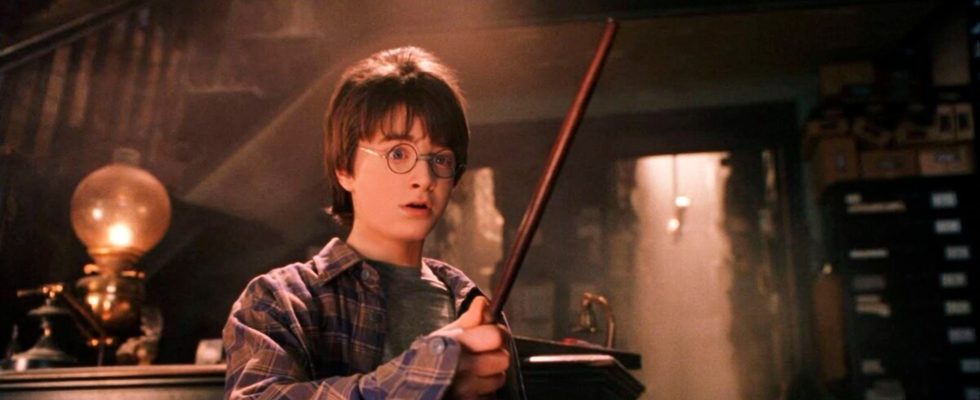Sandrine Rousseau has an unparalleled talent for sparking controversy. Corollary: an ability, also unparalleled, to feel the spirit of the times. So inevitably, when the ecofeminist declares that she “prefers women who cast spells rather than men who build EPRs”, we pinch ourselves. If the quote dates from 2021, a recent Ifop poll, not published so far, shows that the opinion of the destroyer of barbecues is far from isolated: a third of young people aged 18 to 24 claim to share their point of view, compared to only 12% of seniors.
The generation effect is clear, and the evolution of popular culture has gone through it. Baby-boomers were fed with comic book heroes Michel Vaillant (car racing) or Buck Danny (fighter pilot), and witnessed the first steps of men on the Moon. The youngest are bathed in an atmosphere mixed with witchcraft and magic, Harry Potter has Avatar, and above all have seen the reverse side of the coin of progress, from Chernobyl and Fukushima to the environmental and climatic crises.
In a context of valuing “nature” and rejecting materialism, it is not surprising that irrational beliefs are gaining ground. It’s a fact: psychics, witches, magnetizers, and the paranormal have never been so fashionable. It shouldn’t come as a surprise, but maybe it’s something to worry about. Even if sociologists only see it as “half beliefs” (“I know it’s false, but…”), they also note that this enthusiasm often goes hand in hand with a distrust of science, medicine and more broadly all established authorities. With, in the extreme, proven links with conspiracy and the most rancid identity movements. It will take more than a wave of a magic wand to witness a return to reason. However, this is desirable. After all, just because you don’t believe in God anymore doesn’t mean you have to start believing in just anything.
